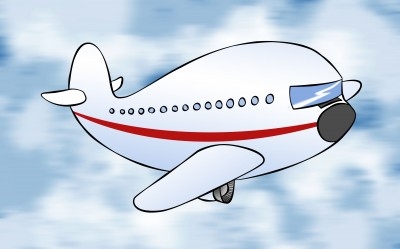Application Exercise 4n: Predatory pricing in the airline industry?

- Compass’ major objective was to lure leisure travellers away from interstate coaches and trains as well as to take a small market share away from Ansett and Australian airlines.
- A ‘price war’ refers to aggressive price competition between businesses in a marketplace, where prices continue to fall as each business seeks to lure more market share from its competitors. The intention with many price wars is for the larger businesses to fight a war of attrition where the smaller firms will eventually be forced into a position where it cannot sustain very low prices (and losses) and be forced to exit the market.
- Compass went broke because it did not have the same level of cash reserves (or access to finance) as its more dominant rivals Ansett and Australian airlines. As prices continued to fall, losses on each flight became a reality, and Compass was unable to sustain these losses for as long as Ansett and Australian airlines.
- It was difficult for the government (via the ACCC) to prove that the price war, or the continual lowering of prices in the airline industry, was a deliberate attempt by Ansett and Australian airlines to drive Compass out of the market. Instead, it was alleged that Ansett and Australian airlines were simply responding to the aggressive actions of a new entrant to the marketplace who was seeking to take market share away from them. [Note that under the current new provisions of section 46 of the Competition and Consumer Act, new entrants to a market only need to show that the ‘effect’ or ‘likely effect’ of the duopolists’ actions substantially lessen the competition in the marketplace. In this respect, if the same actions were to occur today, the incumbent airlines would more likely be found guilty of anti-competitive behaviour.]
